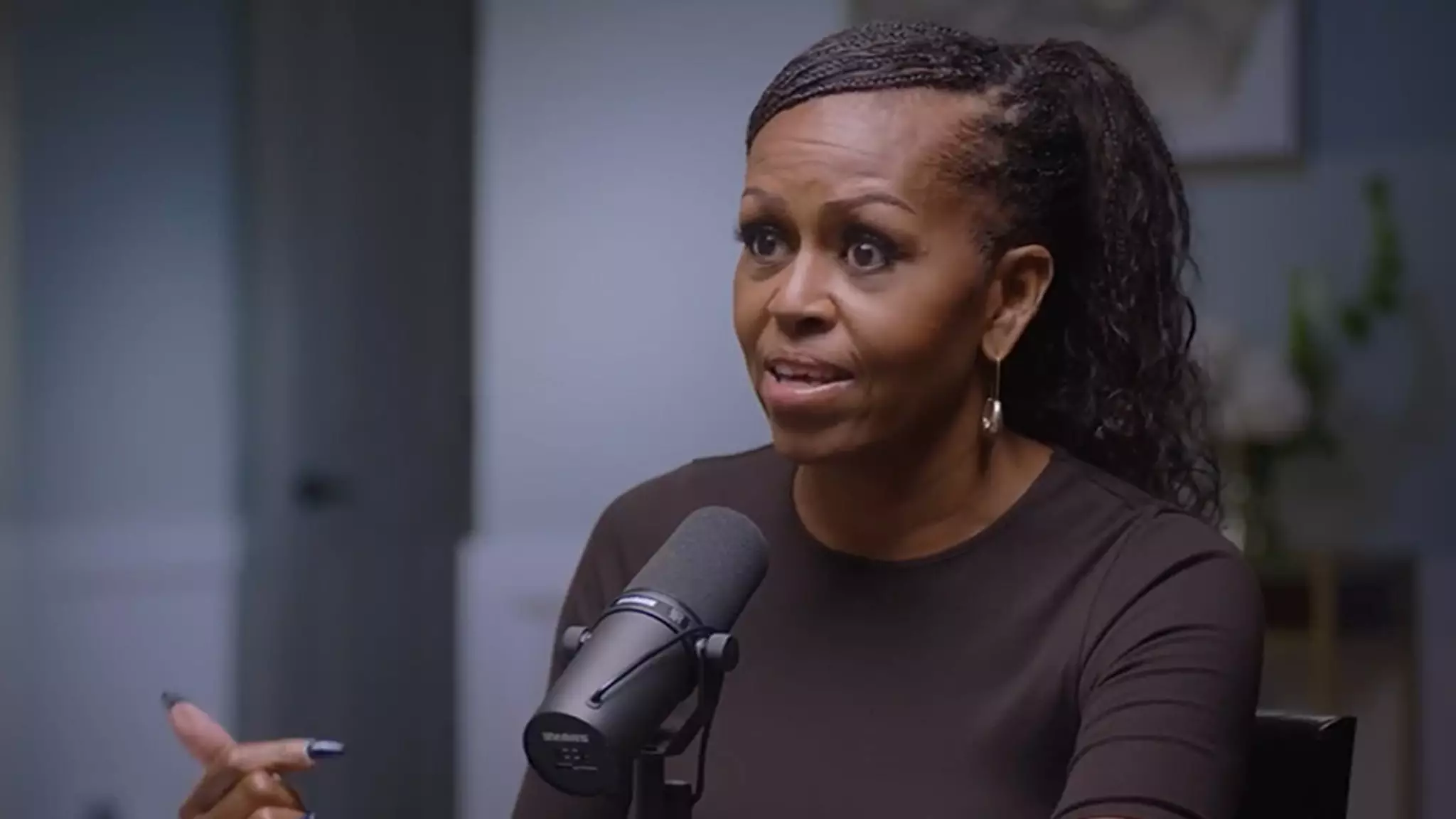Michelle Obama’s candid reflections on grief through her recent podcast discussion are emblematic of her resilience and vulnerability. When she shared the painful experience of losing her mother, Marian, at 86, listeners felt a poignant reminder of life’s unpredictability and the heavy burden of loss. Michelle’s conversation with her brother Craig Robinson took not only an emotional turn but a lighthearted one as well, revealing how humor can sometimes mask deeper fears. When Barack Obama jokingly mentioned, “you’re next up,” it struck a chord that resonated with listeners. Such remarks encapsulate the uneasy truth many face when grappling with mortality—one’s own and that of loved ones.
This blend of humor and heartfelt emotion reflects Michelle’s unique approach to processing grief; she boldly acknowledges the weight of the situation but refuses to succumb to despair. Instead, she leans on her familial bonds, emphasizing the comfort found in having a support system during life’s most challenging moments. This serves as a vital reminder of the importance of community and familial connections, especially when confronting the profound experiences of loss.
The Transformation of Identity
As Michelle navigates this new chapter in her life, she articulates the often-overlooked transition from being a child to becoming the “glue” that holds the family together after significant parental loss. This evolution marks a critical turning point, where responsibilities shift and the once-dependable parental figures are no longer present. It’s a daunting transition that many can relate to, as parental loss catalyzes a reevaluation of roles within families.
During her conversation with Jay Shetty, Michelle delves deeper into her personal transformation. Entering her sixties, she describes this phase of her life as one of great change, marking her journey beyond motherhood into self-discovery. With her daughters launched into their own lives, she finds herself embracing solitude and reflection—in essence, reintroducing herself to who she is without her primary roles as mother and wife. This exploration of identity can feel both liberating and unsettling, as it leads one to confront longstanding fears and insecurities.
Finding Support and Therapy
The admission that she has returned to therapy highlights an essential aspect of her transformative journey. Mental health has long been stigmatized, particularly in high-pressure roles like that of a First Lady. By openly discussing her therapy sessions, Michelle not only normalizes the conversation around seeking help but demonstrates the strength it takes to face one’s inner demons. She has shown that despite the external accolades and successes, personal growth often comes through navigating interior struggles.
Although whispers of marital troubles and speculation around a possible divorce have circulated, their recent public appearances together might indicate otherwise. The implicit understanding that they continuously support each other, even amid challenges, underscores the complexity of relationships built over decades. Michelle’s candidness about her transformation suggests a multifaceted approach towards navigating public scrutiny while managing personal evolution.
Each of these elements serves as a crucial reminder that life is never simply black and white; it is woven with threads of joy, grief, transformation, and strength. Through her vulnerability, Michelle Obama models a new narrative of resilience, showing that even those in prominent roles face significant personal challenges, ultimately leading to greater self-enlightenment.

